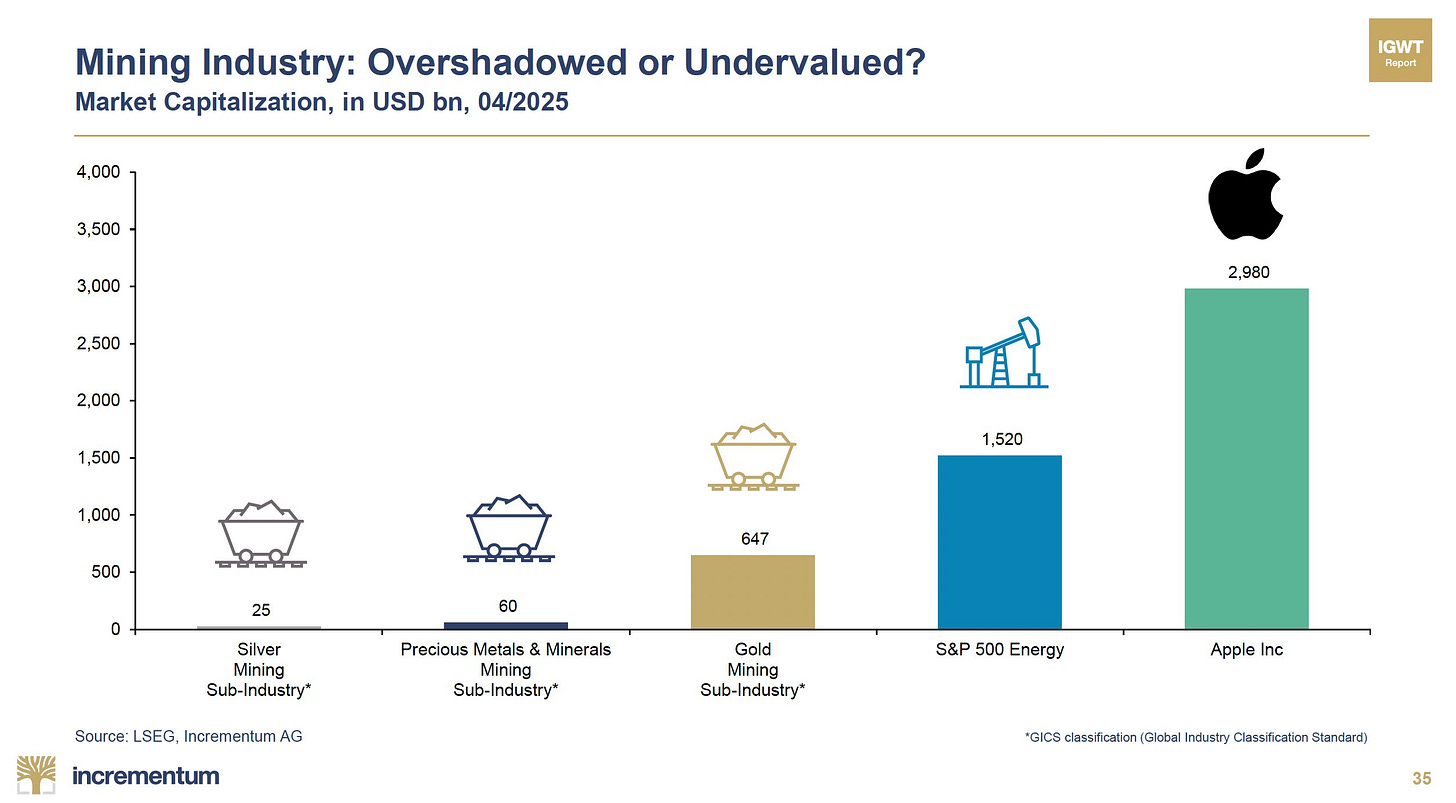Up In Smoke

Image Source: Pixabay
Someone should have been more careful. Did he flick a cigarette butt into a trash can? Did he leave a candle too close to a curtain? Nobody knew. But the Great Baltimore Fire of 1904 was soon out of control.
Baltimore’s own fire, police, and national guard brigades fought to stop it. Whole city blocks were demolished to create a ‘fire break’. Postal workers braved the flames to move the mail out of the area, while fire crews rushed from Washington and Philadelphia to help.
But each city had its own fire hose connections. Those of Washington and Philadelphia didn’t fit Baltimore’s hydrants. A machine shop in Locust Point worked through the night to make adapters. But the fire crackled and popped , block after block. And when it was over it had reduced most of the downtown area to cinders… from the Hurst Building in the West to out beyond ‘Little Italy’ in the East…
1,500 buildings were destroyed and $150 million (1904 dollars!) of property value had been incinerated.
And wait…is that Donald Trump with a can of gasoline and a pack of matches?
Could his ‘trade war’ spark a larger conflagration…as politicians fan the flames with incendiary comments? Could the whole town burn down? Let’s take a look at this burg before it goes up in smoke.
The rules-based financial order was designed by the US itself. It had three important pillars — free movement of goods, free movement of capital, and free movement of people.
The free movement of people was the hardest to implement. Peoples always moved about. But mass migrations were often accompanied by conquests, famines, rape, pillage, and mass murder. After WWII, enlightened democracies tried to sanitize them. Article 13 of the Universal Declaration of Human Rights asserts that:
"Everyone has the right to freedom of movement and residence within the borders of each state."
"Everyone has the right to leave any country, including his own, and to return to his country."
In the 1930s, Californians tried to block immigrants from Oklahoma. The ‘Okies’ were taking their jobs! At the national level, governments still restrict immigration, each according to its own goals and prejudices.
But today, almost everyone would agree that people should be free to move wherever they want, within the US. No one objects when retirees from Michigan increase house prices in Miami…or out-of-work factory hands from Gary, Indiana serve pina coladas at Houston’s chic bars.
Donald Trump suggests, however, that the feds should decide where at least some people go. He wants to rehearse the glory days when the Tsar exiled opponents to Siberia…France sent criminals to Devil’s Island…and England shipped thousands of unwanted citizens to Australia.
Where he will deport Americans, we don’t know…but we don’t think we’d want to go there.
Meanwhile, the post-WWII effort to reduce trade and financial barriers was largely successful. Today, most trade crosses borders at less than a 2% tariff rate. Money goes pretty much where it wants.
Trump has already made known his plans to curtail immigration (a move that enjoyed wide support). His trade war aims to replace free trade with trade managed by central planners and bureaucrats. And the movement of capital, already restricted by sanctions and various reporting requirements, now faces a new challenge. Here’s the latest; Politico:
New trade war front: Washington weighs kicking Chinese companies off Wall Street
Washington is exploring… a new weapon… the prospect of delisting the nearly 300 Chinese companies that trade on U.S. exchanges.
Sen. Rick Scott (R-Fla.)…
“The U.S. capital markets are the envy of the world, providing unparalleled access to funding for companies worldwide. However, this privilege comes with responsibilities…Chinese companies continue to enjoy access to American capital while refusing to play by our rules.”
Of course, all the companies listed in the US are subject to the SEC…and all their operations in the US are subject to a plethora of local, state and federal rules. Even if they use slave labor in their home countries, they still have to pay wage-slave rates in the US…with overtime!
No one expects a Chinese company to apply Chinese labor law in the US… but somehow poor Rick Scott thinks that it should still be held to US labor standards, even in Shanghai.
And while it is hard enough to control the movement of people and products, it is even harder to control money. Capital goes to the side of the fence where the grass is greener. And if good Chinese companies are forced out of the US, suddenly the clover in Europe and Japan will be six feet high.
P.S. Baltimore was a dynamic, growing city in the early 1900s. Within months the entire downtown area had been almost completely rebuilt…better than before.
(Click on image to enlarge)

Source: In Gold We Trust report, by Incrementum
Market Note, by Dan Denning
One theory of President Trump’s actions is that he’s trying to de-couple world trade from China, thus choking off (and ending?) the control of the communist party (while Making America Great Aagain, of course). But one unintended consequence is the emergency of the ‘Sell America’ trade, where money flees US stocks and bonds for safer havens and bigger returns. One place to look? Mining and energy stocks. They are still under-invested in, at least relative to tech and finance. And in the scramble to find secure supplies, scarcity has a quality all its own.
More By This Author:
Planetary Wealth ExtinctionTrade War Chaos
Dollar Cage Match



